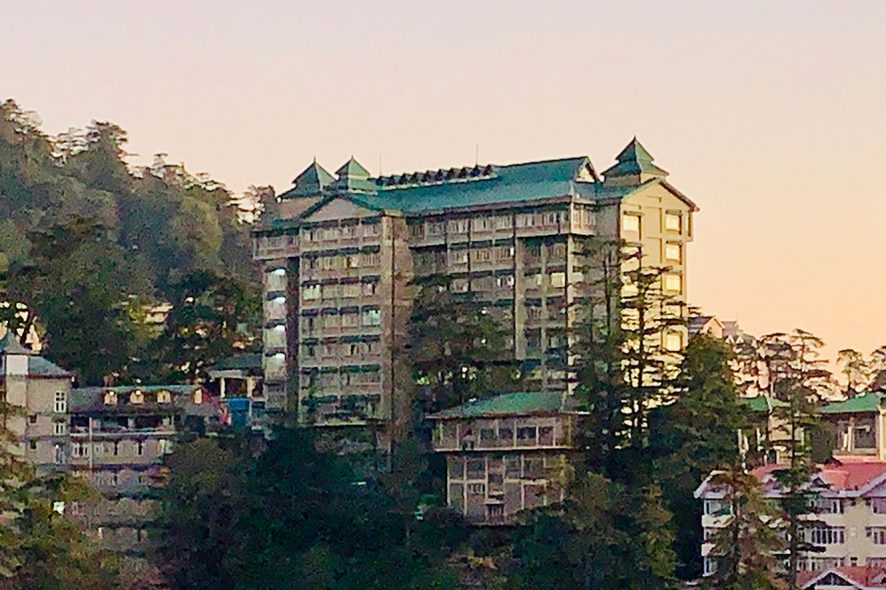Himachal Pradesh High Court: Sandeep Sharma J., upheld the impugned judgment on merits.
The facts of the case are such that the suit land is an ancestral property of late Prema who inherited the property from his late father, and after his (Prema’s) death transferred the property through a will to his wife Lajwanti, i.e respondent 1 in the present case and not to his sons i.e. the petitioners in the instant case as they were not taking care of them. After his death, respondent 1 sold the property to other respondents by a sale deed. Aggrieved by the same, an application under Order XXXIX, Rules 1 and 2 Code of Civil Procedure was filed before Senior Civil Judge, Nadaun, District Hamirpur, H.P, praying therein for restraining the Respondent 1 from raising any construction or changing the nature of suit land who rejected the said prayer and the judgment was later affirmed by Additional District Judge, Hamirpur (HP) which stands challenged under the present petition under Article 227 Constitution of India before this court.
Counsel for the petitioners Naresh K Sharma submitted that the suit land is an ancestral property and hence the respondent 1 has no right to transfer the same and hence the sale deed must be declared null and void. It was also submitted that the ‘will’ by which the property was transferred to the wife of the deceased mentions that if the children take care of their mother, they will have a right over the property and because they are taking care of their mother, they have a right over the property and hence the sale deed shall be cancelled.
Counsel for the respondents submitted that the Respondent 1 has inherited the said property by will from her husband who inherited the same from his father and hence the suit land has lost its nature of being an ancestral joint Hindu coparcener property and entirely belongs to Respondent 1 and hence the sale effected by her stand valid.
The court observed that documentary evidence on record, clearly reveals that the suit land was inherited by Respondent 1 i.e Lajwanti through Will and as such, suit land lost its character of joint Hindu coparcener property, rather, it became the absolute property of defendant 1 by virtue of provisions underlying Section 14 of Hindu Succession Act, 1956 and hence there is no merit in the claim of the petitioners that the suit land is a joint Hindu coparcener property and Respondent 1 has no right to sell out the same without legal necessity.
In view of the above, impugned judgment upheld and petition dismissed.[Kishori Lal v. Lajwanti, 2020 SCC OnLine HP 2073, decided on 28-09-2020]
Arunima Bose, Editorial Assistant has put this story together







Solving material you have given to Google, I must say a genuine content! I am just reaching out because I recently published a content that might be a good fit. Either way Keep up the good work.
Ancestral property bequeathed by husband in favour of wife and denying property rights to children is not in order as the children are entitled for their share in the ancestral property.